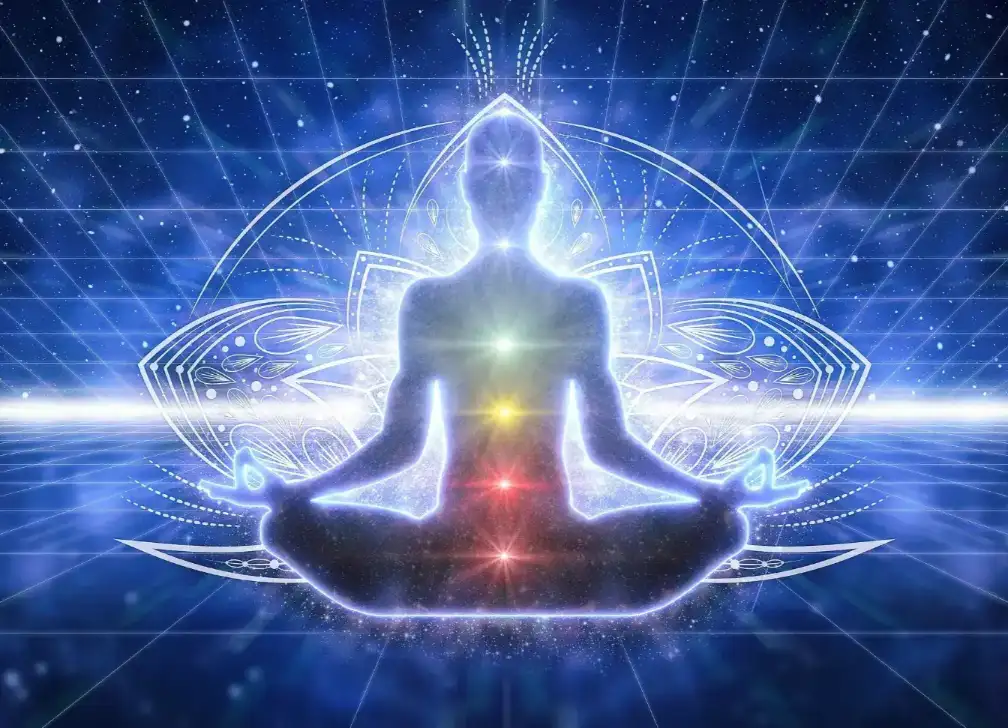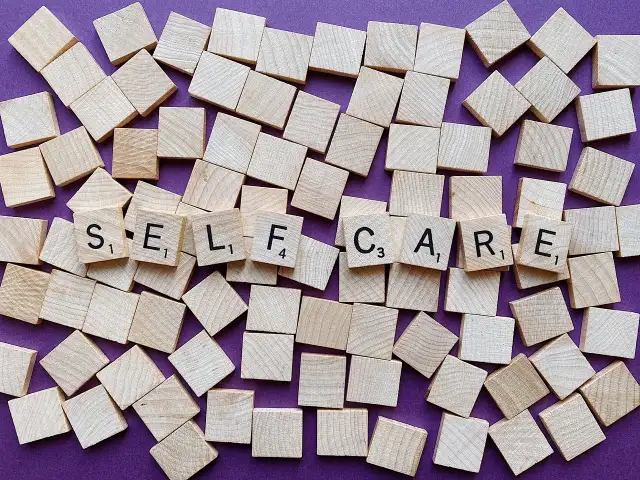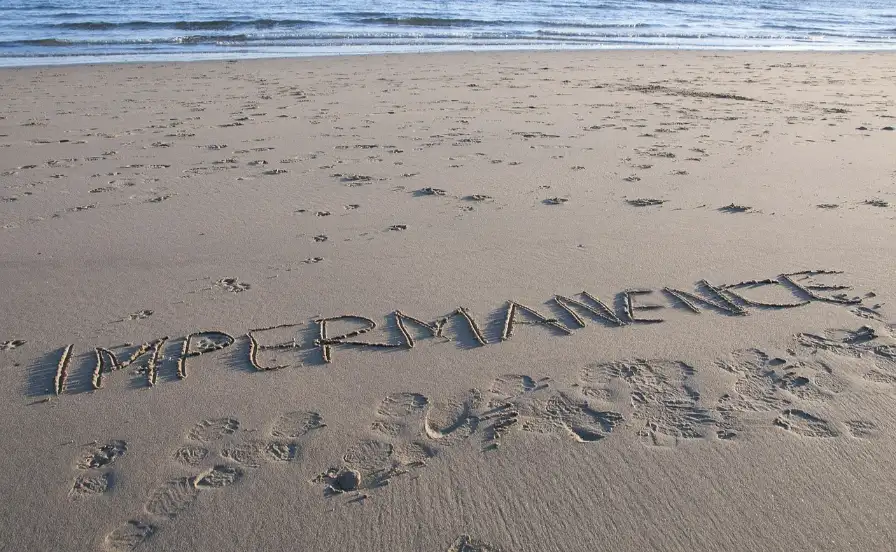The Concept of Karma in Buddhism
The term “karma” originates from the Sanskrit word “karman,” which translates to “action” or “deed.” In Buddhism, karma extends beyond the simplistic notion of retribution or punishment; rather, it embodies a complex understanding of the natural laws governing cause and effect. This framework posits that every action, whether physical, verbal, or mental, produces consequences that impact both the individual and their surrounding environment. Consequently, karma serves as a critical component of Buddhist teachings, emphasizing personal responsibility and ethical behavior.
In Buddhist philosophy, karma is intricately linked to the principles of moral conduct and intention. Actions stemming from positive intentions—such as compassion, kindness, and generosity—are believed to yield beneficial outcomes, consequently allowing individuals to cultivate positive experiences and states of mind. Conversely, actions motivated by negative intents, such as greed, hatred, and ignorance, can result in adverse effects, reinforcing suffering and perpetuating a cycle of negative karma. This causal perspective highlights the importance of mindfulness in daily actions and decisions.
Moreover, understanding karma involves acknowledging its role in shaping one’s experiences across multiple lifetimes, as Buddhists believe in the concept of rebirth. The accumulated karma from past actions influences current circumstances, suggesting that individuals bear the responsibility for their past actions, which affect their present and future. This cyclical nature of karma reinforces the significance of ethical behavior and decision-making, as individuals are not merely victims of fate but active participants in their karmic journey.
In summary, the concept of karma in Buddhism encompasses a profound understanding of the relationship between actions and their consequences. It emphasizes personal accountability, encouraging practitioners to engage in mindful actions that cultivate positive karma and foster a harmonious existence.

THE POWER OF NOW is the phenomenal bestselling self-help book of its generation – for spiritual followers of the Dalai Lama and Deepak Chopra, Eckhart Tolle demonstrates how to live a healthier and happier life by living in the present moment.
To make the journey into THE POWER OF NOW we need to leave our analytical mind and its false created self, the ego, behind. Although the journey is challenging, Eckhart Tolle offers simple language and a question-and-answer format to guide us.
Surrender to the present moment, where problems do not exist. It is here we find our joy, are able to embrace our true selves and discover that we are already complete and perfect. If we are able to be fully present and take each step in the ‘now’ we will be opening ourselves to the transforming experience of The Power of Now.
Impermanence and Its Role in Our Lives
In Buddhism, the principle of impermanence, known as anicca, is fundamental to understanding the nature of existence. According to this teaching, all phenomena are in a constant state of flux; nothing is permanent, and everything is subject to change. This transient nature of life not only underscores the inevitability of physical change but also highlights the transformation of our emotions, relationships, and experiences over time. Recognizing impermanence is crucial in comprehending the accompanying concept of karma, which posits that our actions have consequences that shape our experiences.
When one embraces the principle of impermanence, it can profoundly influence how they respond to life’s events. For instance, the understanding that both joy and sorrow are temporary encourages individuals to approach their experiences with a more balanced perspective. Rather than clinging to happiness or resisting suffering, a person can cultivate equanimity, acknowledging that both states of being will eventually fade. This nuanced understanding can lead to a more resilient mindset, allowing individuals to navigate the ups and downs of life with greater ease.
Furthermore, anicca offers insight into the nature of suffering and happiness. When individuals recognize that their challenges and joy are not permanent, it becomes easier to relinquish attachments to both outcomes. This detachment does not imply a lack of appreciation for life’s positives but rather fosters a deeper understanding of their fluid nature. By viewing happiness and suffering as temporary experiences, individuals can cultivate a sense of gratitude that is not dependent on specific circumstances. In essence, the principle of impermanence invites a conscious engagement with life, enabling individuals to act with awareness and intention in their daily choices.
The Ripple Effect: Actions, Thoughts, and Words
Karma, in the Buddhist perspective, serves as a profound reminder of the interconnectedness of our actions, thoughts, and words. The concept asserts that every action, whether positive or negative, creates ripples that extend beyond the immediate moment, affecting not only the individual but also the broader environment and community. This ripple effect is a crucial aspect of understanding karma, as it emphasizes that our behavior has the power to influence the world around us in significant and often unforeseen ways.
For instance, consider an everyday scenario where an individual demonstrates kindness by assisting a stranger in need. This simple act, which may seem inconsequential, can potentially set off a chain reaction. The person who received help may feel encouraged to perform a similar act of kindness for someone else, thereby fostering a cycle of goodwill. Such positive actions not only enhance the immediate environment but can also contribute to a more compassionate society over time.
Conversely, negative actions can yield similarly profound, adverse consequences. For instance, if an individual spreads false information or engages in hostile behavior, it can create a toxic atmosphere. This negativity can lead to misunderstandings and conflict, affecting relationships and community dynamics. The impact of such actions might escalate, resulting in a wider ripple of harm that extends far beyond the initial transgression.
Moreover, thoughts play an often-overlooked yet vital role in shaping our karma. Negative thoughts can lead to harmful behaviors, while positive thoughts can inspire uplifting actions. By cultivating mindfulness and awareness of our thoughts, we can consciously steer our actions towards beneficial outcomes. In recognizing that our actions, thoughts, and words are intricately connected, we become better equipped to take responsibility for their repercussions, and thereby contribute positively to our collective existence.
PRACTICING THE POWER OF NOW is a carefully arranged series of excerpts from THE POWER OF NOW that directly give us those exercises and keys. Read this book slowly, or just open it at random, reflect on the words, reflect even on the space between the words, and maybe over time, maybe immediately you ll discover something of life-changing significance. You ll find the power, the ability to change and elevate not only your life, but your world as well.
It s in your hands. Discover THE POWER OF NOW.

Living Mindfully with Karma and Impermanence
Incorporating the teachings of karma and impermanence into daily life can significantly enhance our overall well-being and the quality of our interactions with others. At the core of these teachings is the principle of mindfulness, which encourages us to bring our awareness to the present moment. By practicing mindfulness, we can develop a deeper understanding of our thoughts, emotions, and actions, allowing us to recognize the impacts of our choices on ourselves and those around us.
Intentional living is closely linked to the practice of mindfulness. When we set clear intentions for our actions, we create a foundation for positive karma. This entails being conscious of not only what we do but also how we think and feel. It is essential to approach each situation with an open heart and a compassionate mindset. By actively fostering kindness and empathy, we contribute to generating positive effects in our lives and the lives of others.
In the face of impermanence, it becomes vital to appreciate each moment as it unfolds. Embracing the transient nature of life leads to a greater appreciation for our experiences, both joyful and challenging. By acknowledging that nothing lasts forever, we cultivate gratitude for what we have and learn to release attachments that may cause suffering.
To further support these principles, individuals can engage in daily practices such as meditation, deep breathing, and reflective journaling. These activities promote self-awareness and enable us to remain connected to our intentions. Moreover, cultivating compassion towards ourselves and others can foster a sense of community and interconnectedness, reminding us of our shared human experience.
Ultimately, by embracing mindfulness and living with intention, we can navigate the complexities of karma and impermanence, fostering positive outcomes in our lives and enhancing our relationships with those around us.
Eckhart Tolle’s writings on the power of living in the moment have fast become the most sought-after modern classic on spiritual enlightenment. Now, in this new, life-transforming book, Tolle illuminates the fundamental elements of his teachings, as we are invited to contemplate the spiritual truths that come through embracing silence and stillness.
STILLNESS SPEAKS is a collection of 200 concise and beautifully illuminating entries, arranged into twelve reflective themes. Each entry can stand as its own teaching or may be read as part of the fluid sequence of its theme. In their totality, the entries provide a road map out of human suffering.
When we are no longer limited by our thinking mind, suffering and pain disappear and we are able to move towards a fuller understanding of our relationships, of nature, and of the profound wisdom that is to be found in stillness.





